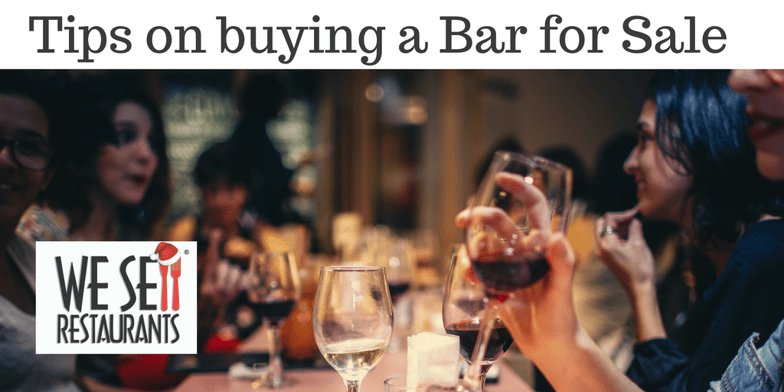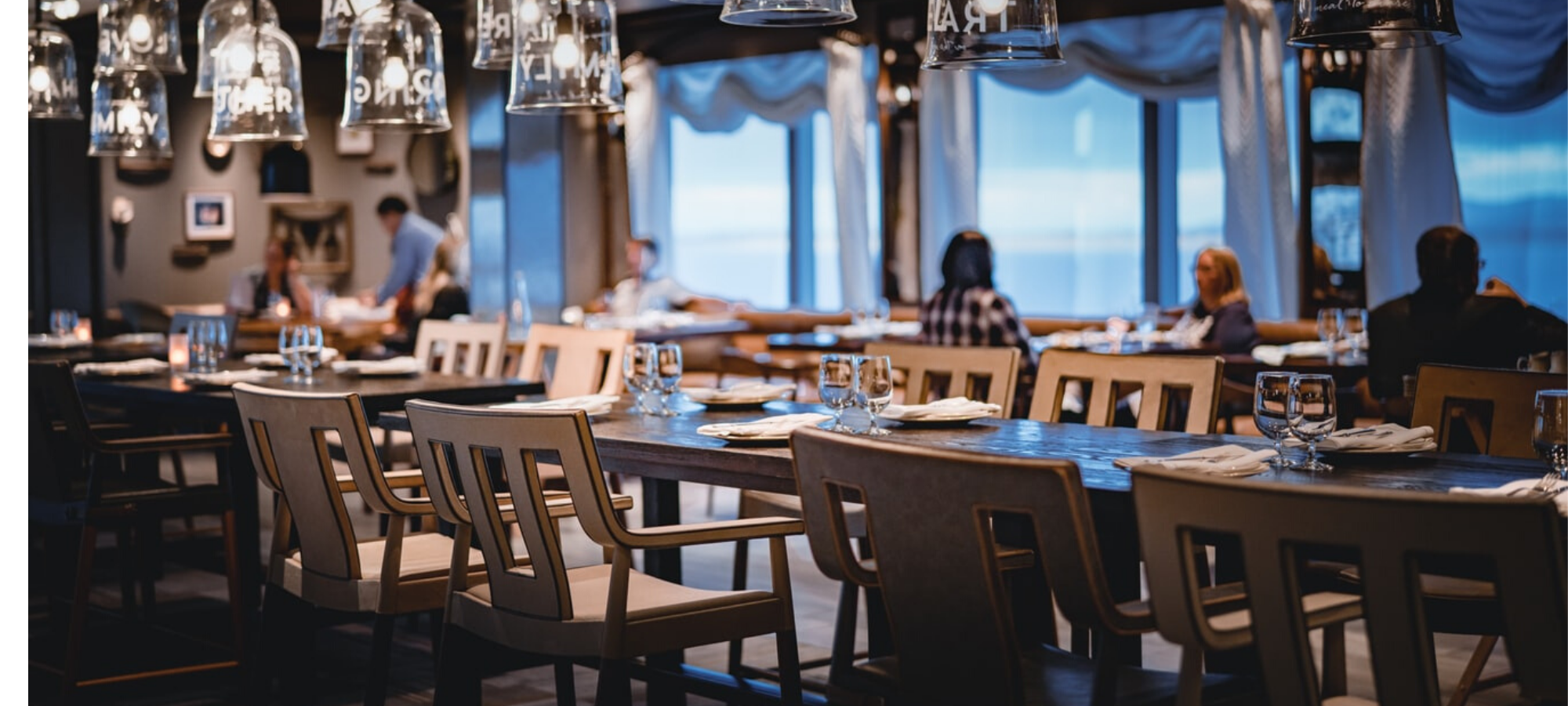When the deal seems too good to be true, it probably is. A Restaurant Broker shares the secrets of paying the right price for earnings when you find a bar for sale.
An age-old struggle with how to set pricing on a “cash” business like a bar for sale is put to rest in this article. Expert restaurant brokers know that the only real way to value a bar for sale opportunity is based on earnings. Earnings are based on a profit and loss statement on the business and additions to earnings known as add backs to calculate Seller’s Discretionary Earnings. This method, known as the Income Valuation Approach doesn’t work when bar for sale listings states they have “cash earnings” they want to use in the valuation.
Cash earnings are generally not provable. They results when the seller avoids certain tax requirements and doesn’t report all of his sales and thus, his earnings. Some restaurant brokers promote these listings online and say things like “cash to be proven by seller.” Other restaurant brokers don’t take these listings or simply offer them as assets since they can’t be verified. Cash earnings are not the same as items “added back” to earnings to arrive at the owner benefit on a bar for sale. Anything that is customarily added back can be substantiated with documents during a period of review on the books and records. Here are some of the issues presented by “cash” businesses.
The first is valuation. A bar for sale advertised with earnings of $100,000 offers no way for a restaurant buyer to confirm that number. Since pricing is based on earnings, the restaurant broker that takes this number at face value will be overpricing the business. The only way the value would be correct is if the earnings were authenticated and the buyer kept the business the same when he took over the bar for sale. The other problem with the valuation is that seller is being asked to be paid twice for the same income. He’s already received a huge benefit since he’s avoided all the reasonable and customary taxes (state income tax, federal income tax and more). Now he wants to sell this bar at a premium.
Some buyers are willing to take the risk and decide they will just run on the up and up once they take over the bar for sale. There’s a problem with this approach. If you convert the cash earnings onto the books, you’re looking at an immediate hit to the earnings. The federal, state, and sales tax implications alone could drive the operation into a negative earning situation.
The larger problem for most however is one of transparency by the seller of the bar for sale. He has operated on a less than candid basis with his franchise (if he has one), the State Alcohol licensing authority, the state sales tax board and the Internal Revenue Service. It’s a bit of stretch to now believe he or she will be forthright with you at the point you are buying this bar. Outside of coming into the business as an employee or minority partner for a series of months, it’s impossible to establish the “real” earnings.
If you are a buyer that prefers a less risk adverse approach, than a bar for sale in with verifiable earnings is the answer. The pricing may not seem as good a “deal” as something advertised at a good price with “cash” earnings but the old adage that you get what you pay for holds true in this scenario. Pricing and earnings are not a game in the valuation of a restaurant or bar for sale. They are a simple math problem and they do have a right and wrong answer – whether you are buying a franchise restaurant or buying a bar or club.

Robin Gagnon, Certified Restaurant Broker®, MBA, CBI, CFE is the co-founder of We Sell Restaurants and industry expert in restaurant sales and valuation. Named by Nation’s Restaurant News as one of the “Most Influential Suppliers and Vendors” to the restaurant industry, her articles and expertise appear nationwide in QSR Magazine, Franchising World, Forbes, Yahoo Finance, and BizBuySell. She is the co-author of Appetite for Acquisition, an award-winning book on buying restaurants.

 404-800-6700
404-800-6700.png)











